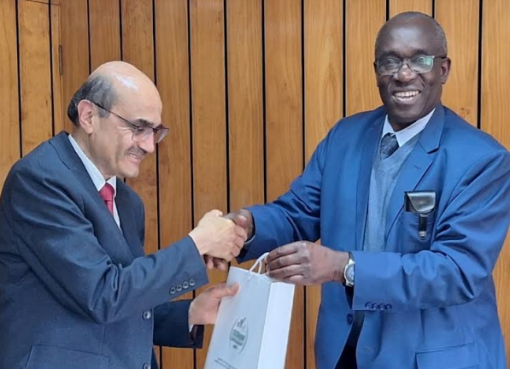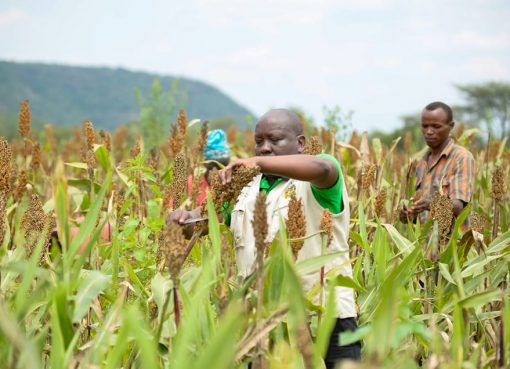Kenya tea farmers have been advised to adopt organic tea farming as the world tea market is shifting to specialty teas.
According to the Tea Board of Kenya (TBK), the existing high demand for organic tea is taking shape in China, Europe, Asia and American markets.
As a result of the challenges facing tea farming in Kenya, TBK has aggressively initiated the capacity building in the tea growing zones across the country to reach out to over 800, 000 smallholder farmers.
Tea market players believe that specialty tea would revolutionise the tea market as it’s anticipated to significantly revitalise the critical subsector.
During the specialty teas conference that was held in Nandi Hills town of Kenya, the stakeholders including the government, tea regulatory bodies and environmental organisations among other players, tea farmers benefited from rigorous training on processes of attaining specialty tea.
The farmers’ representatives drawn from Uganda, Rwanda, Tanzania and Mozambique were also in attendance and they benefitted from sensitisation programmes offered by international tea broker firms from the UK and US.
Alex Amenya, the East and Central Africa project manager spearheading organic tea farming said that the conventional tea is no longer marketable and orthodox tea would be a breakthrough to farmers.
“We are enabling farmers to access extensive services to start up a cottage industry for their tea. It does not use mechanical or chemical inputs rather than utilising the organic fertilisers for effective production of health tea to meet market thresholds,” he explained.
The production of orthodox tea includes hand plucking, withering, rolling, oxidizing and drying to retain its natural flavor. The quality of the tea depends on the processing and handling techniques to produce white and purple tea which are attributed as nutritious.
“The paradigm would leverage tea farming for small scale farmers. It’s the cheapest way of producing treasured tea products which is currently sold in Canada and US markets,” he stated.
The European Specialty Tea Association experts have started training households on the preparation of organic tea to meet the quality standard and requirement for respective market destinations.
Bernadine Tay, founding Director Chair of Education Committee Research and Development Committee for Specialty Tea Association in UK while training farmers in Nandi, noted that Kenya produces high quality tea in the world and farmers need to explore organic tea production.
“The variation of tea taste determines the quality of specialty teas that are required in the market. The leaves should be handled carefully under certain conditions to retain the desired natural flavour and aroma for the clients,” she said.
She claimed that the new way of organic farming does not need much capital to start up rather than manual skills of picking desirable tea leaves for white and purple tea.
Nandi Deputy Governor Yulita Mitei said more sensitisation of farmers have commenced to acquire cloned seedlings to produce orthodox tea in desired quality and quantity.
“Specialty tea is the new economic frontier for sustainable tea farming in Kenya. And agriculture being a devolved function, we are looking forward to bringing farmers on board to engage in value addition of tea products for exportation,” she said.
By Geoffrey Satia





